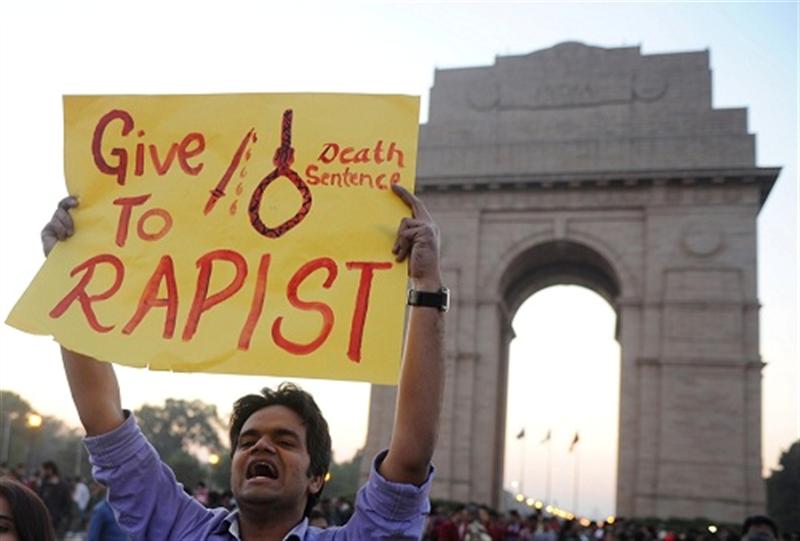The trial of Nirbhaya’s case is now over and the five accused were convicted and awarded highest form of punishment as per the law. But how the four accused before the Saket court defended their case. Although I personally feel that there should be no defense to their heinous acts, which shook the conscience of the country. But for a fair trial the accused person were given an opportunity to defend their case in consonance with the principles of natural justice. They all took different pleas but all their pleas were demolished by the evidence produced by the prosecution.

Here are the brief about various defense pleas taken by the accused in the Nirbhaya’s case and how each of their plea rejected by their Lordship.
1. Plea of Alibi
All the four accused took the plea of Alibi; they all stated they were not in the alleged bus where this heinous crime took place. But this plea was completely demolished by the inconsistencies in the statements of their own witnesses.
The evidence produced by the prosecution in which the DNA profiling of all the accused was found inside the bus and on the Nirbhaya’s clothes suggested their presence in that alleged bus on that fateful night.
2. DNA evidence is unreliable.
It was pleaded by the accused that the DNA profiling was unreliable as there is an apprehension that police has manipulated the MLC reports against the accused person, They also submitted that police is falsely creating a plot and the DNA report is fake.
The Prosecution established the authenticity of the DNA, MLC reports by showing the chain of transfer of these samples from different spots, they have also clearly established the tamper proof mechanisms implemented by the police and how the court could rely on the evidence on its accuracy and authenticity.
The stand of prosecution was believed by their lordship hence the stand of defense was again discredited.
3. Statements of Prosecutrix were tutored/Prosecutrix was not in the position to give statements and cannot be relied upon.
This Stand of defence was again demolished by the prosecution, The prosecution stated that prosecutrix was conscious while she was giving her dying declaration and this fact was again certified by the doctors who were treating the prosecutrix, Then again it is hard to believe that prosecutrix who was facing an apprehension of death would give tutored statement.
4. Mukesh was only driving bus he had no participation in crime.
The prosecution has established its case U/s 34 IPC i.e criminal conspiracy beyond reasonable doubt, There was premeditated plan and an overt act was done as per unlawful agreement between accused person. It is irrelevant whether the accused was driving the bus. Being a part of conspiracy he was equally responsible for the acts of others. The blood stains of Nirbhiya on clothes of mukesh clearly establishes his participation, even if he is not a participant still he was equally responsible.
5. Inconsistencies in Prosecutrix friend FIR.
There were Inconsistencies in the FIR of the prosecutrix friend relating to the identity of accused person and hence plea of defense was that the accused was of a mistakenly identified.
Lordship on this point held that merely some averments in FIR cannot demolish the prosecution case completely as FIR is not conclusive evidence and it needs to be corroborated with other evidence. The stand of the defence was again demolished.
Conclusion:
The case of the prosecution was based on strong scientific evidence which was again corroborated with statements of other witnesses especially the statements of prosecutrix herself and her friend which led to establish the case against accused beyond reasonable doubt and thereby vitiating all the defense pleas which ultimately led to their conviction.
Join LAWyersClubIndia's network for daily News Updates, Judgment Summaries, Articles, Forum Threads, Online Law Courses, and MUCH MORE!!"
Tags :Criminal Law










